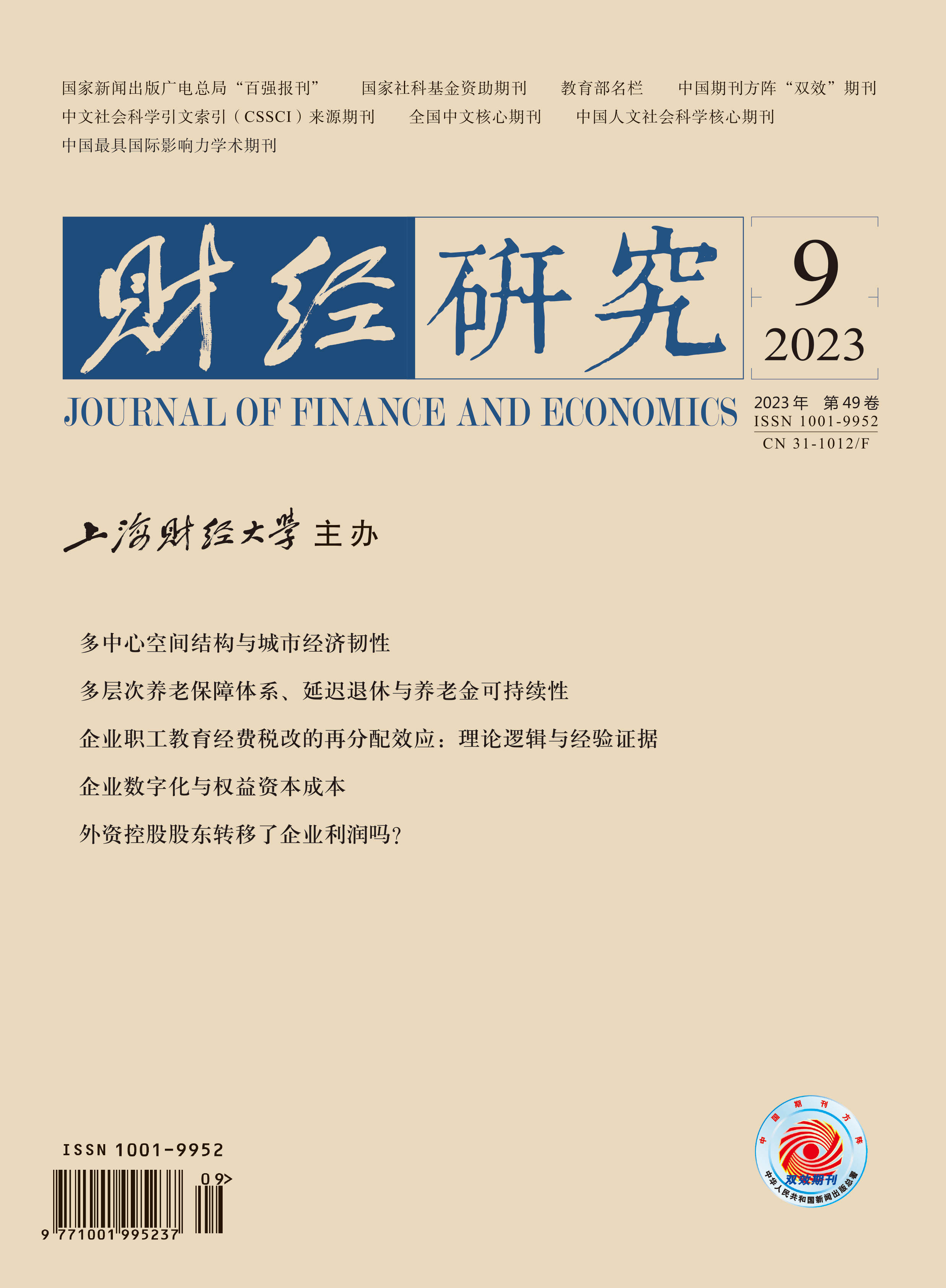The efficient matching of urban finance and industrial innovation is not only a necessary path for financial returning to serve the real economy, but also a core starting point for comprehensively improving the competitiveness of industrial innovation with city as the carrier. This paper aims to explore the relationship between the overall financial integration level and urban industrial innovation competitiveness, comprehensively design the financial integration level index from the dimensions of financial scale breadth, structural depth, and efficiency validity, and investigate the enhancement effect and mechanism, regional differentiation characteristics, and coupling coordination degree of financial integration level on urban industrial innovation competitiveness.
The results show that: First, financial integration level has a significantly stronger promoting effect on urban industrial innovation competitiveness than a single factor. Compared to structural depth, the empowerment advantages of scale breadth and efficiency validity are superior. Second, the upgrading of financial integration level can drive the improvement of urban industrial innovation competitiveness by reducing the average financing cost of enterprises, promoting the vitality of urban market entities, and optimizing the innovation ability of urban financial services. Moreover, there are obvious regional differentiation characteristics. Third, the development of financial integration level in surrounding areas is very important to the radiation effect of urban industrial innovation competitiveness, but there is a certain time lag effect. Fourth, the coupling coordination degree between financial integration level and industrial innovation competitiveness of each city gradually increases, showing a characteristic of “scale coupling > efficiency coupling > structural coupling”. Cities within national key urban clusters have a higher coupling coordination degree than other regions.
The contributions of this paper are as follows: (1) It constructs the financial integration level index, transforming the indicator from the single factor to the multi-dimensional factor, and conducts an in-depth study on the impact and mechanism of financial integration level on urban industrial innovation competitiveness. (2) It further measures and compares the coupling coordination degree between financial integration level and urban industrial innovation competitiveness, which is an innovative theoretical exploration for implementing the important viewpoint that “high-quality development is the primary task of comprehensively building a modern socialist country”. (3) Considering the differential impact that the unique attributes of cities may have on financial integration level empowering urban industrial innovation competitiveness, it further conducts analysis on regional convergence and differentiation, which provides targeted reference for formulating the coordinated development path of localized financial integration construction and urban industrial innovation competitiveness.





 6316
6316  6004
6004

